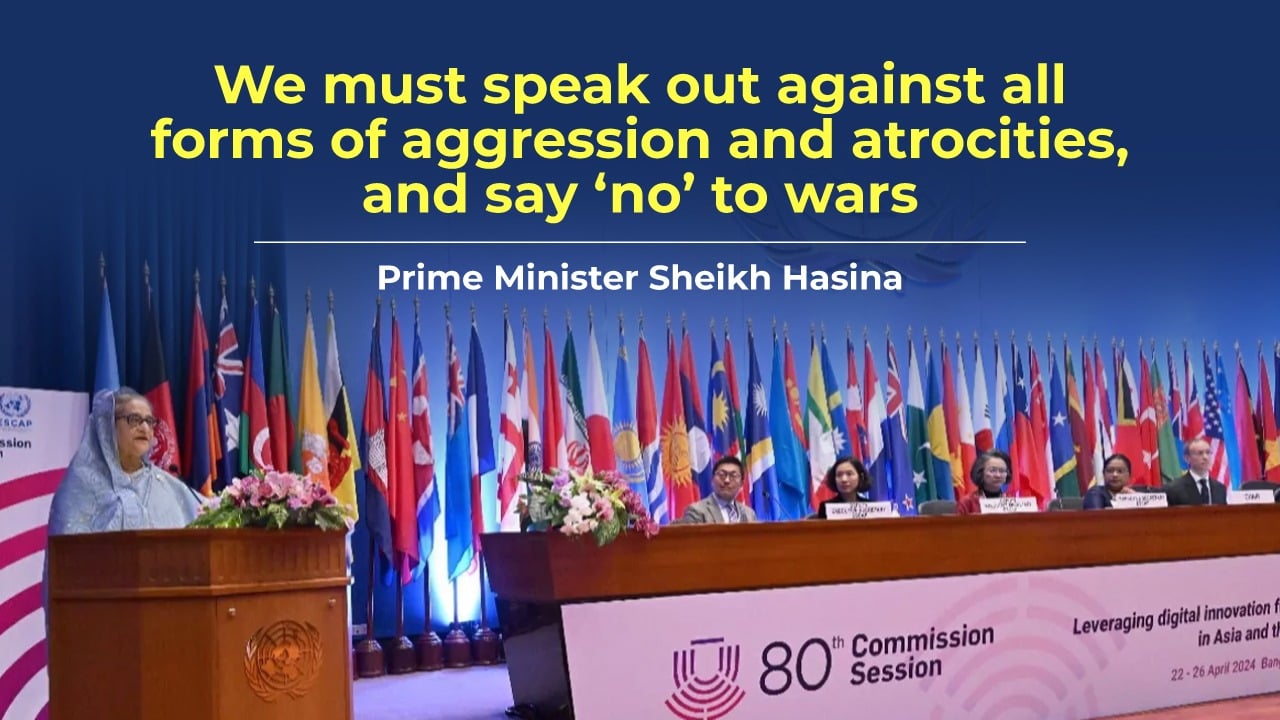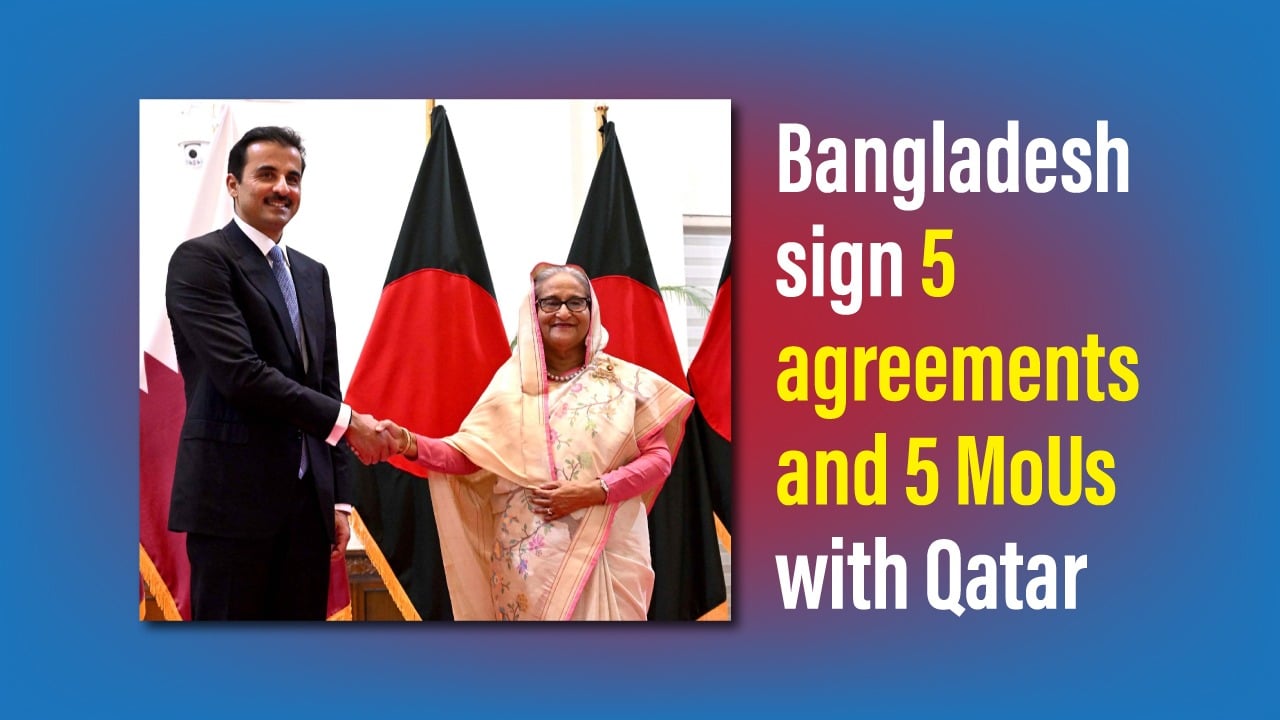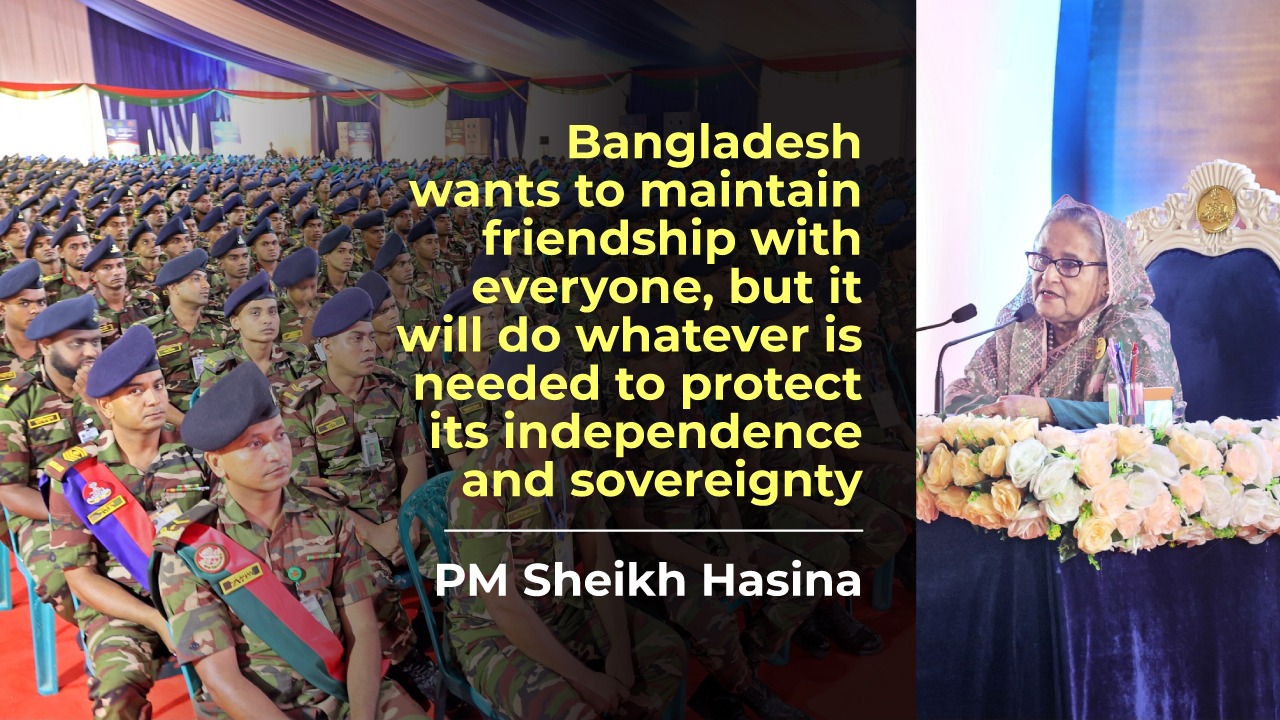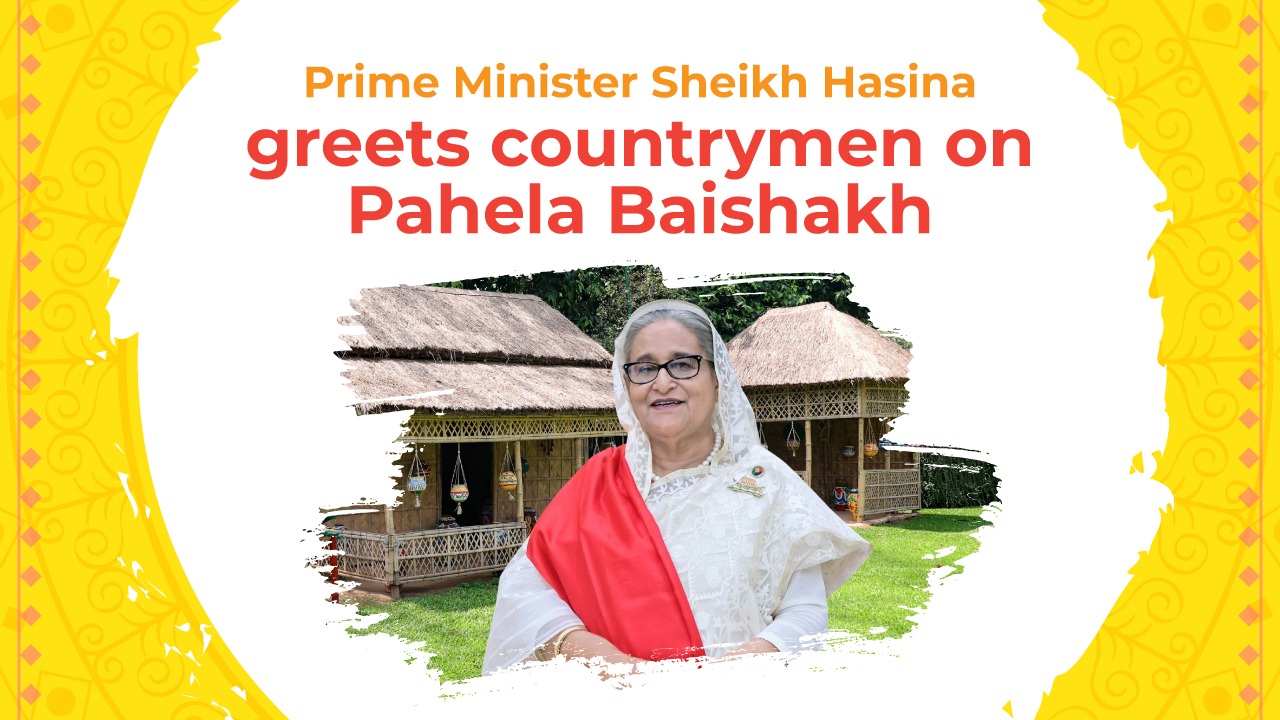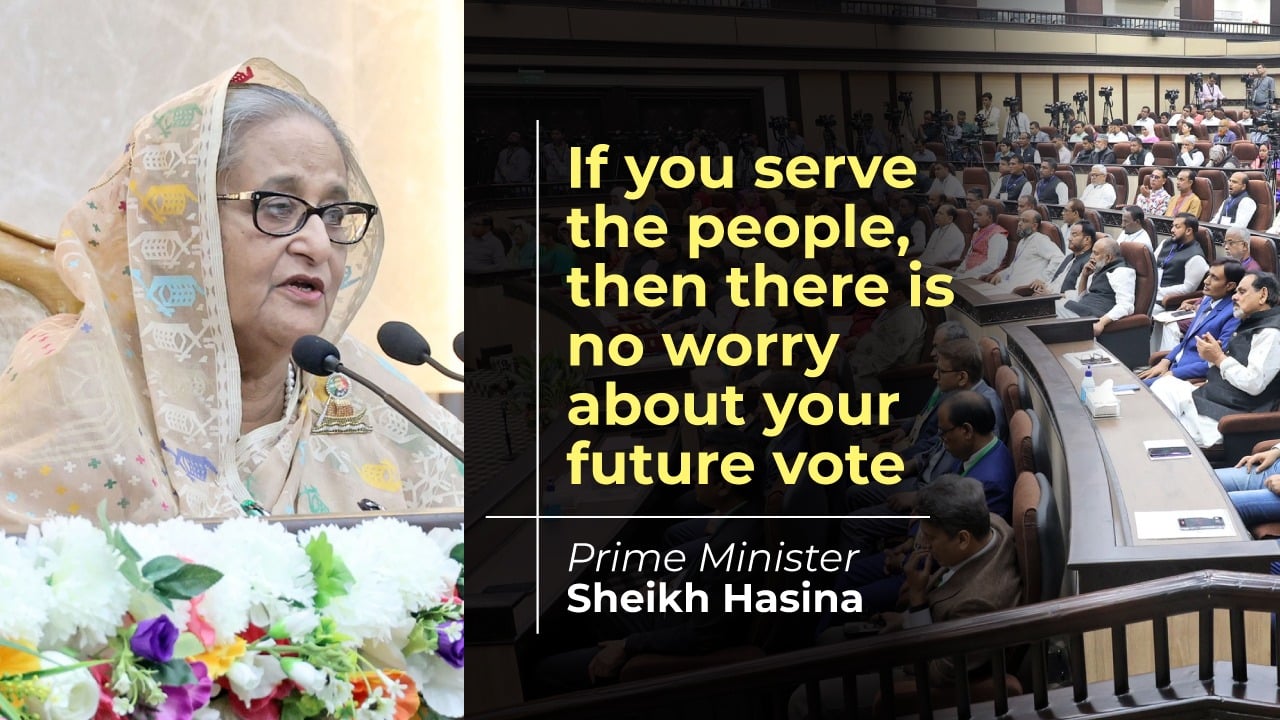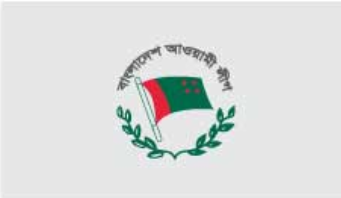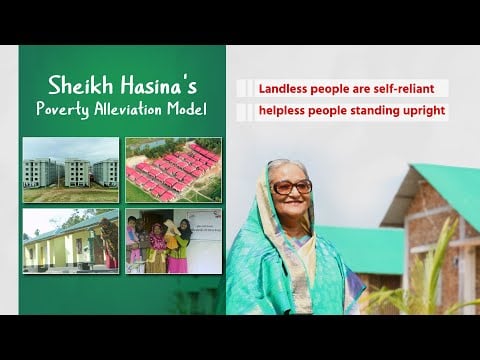546
Published on December 23, 2023Dr. Pranab Kumar Panday:
In the lead-up to Bangladesh’s eagerly anticipated national election on January 7th, 2024, the political landscape is marked by tension and uncertainty. Central to the unfolding drama is the Bangladesh Nationalist Party’s (BNP) strategy of resisting the electoral process, casting a shadow over the democratic exercise. However, a nascent movement known as the Ballot Revolution has emerged, vowing to dismantle the BNP’s master plan and pave the way for a free and fair election.
The BNP’s decision to resist the upcoming election is grounded in a complex web of grievances, including the imprisonment of its leader, Khaleda Zia, and allegations of a biased electoral environment. The party has opted for a multi-pronged approach to express its discontent, ranging from boycotting the election to alleging widespread rigging and voter suppression.
The BNP has signaled its intention to boycott the election, viewing it as a potent tool to delegitimize the electoral process. The party contends that the existing conditions are not conducive to a fair competition and that participation would be an endorsement of what it considers an undemocratic system.
Rigging and voter suppression allegations feature prominently in the BNP’s resistance strategy. The party claims that the ruling party has manipulated the electoral framework to its advantage, limiting the BNP’s ability to campaign freely and eroding the principles of a fair and transparent election.
Recognizing the global implications of its resistance, the BNP has sought international support to highlight what it perceives as democratic violations. Diplomatic efforts aim to draw attention to challenges faced by opposition parties in Bangladesh, hoping for external pressure to influence the electoral dynamics.
In counteraction to the BNP’s election resistance master plan, the ruling Awami League has adopted a political strategy, initiating the ballot revolution. This involves permitting rebel candidates to participate in the election as independents, anticipating a substantial voter turnout. The movement is fueled by a collective dedication to safeguarding the integrity of the democratic process and ensuring the resonance of every citizen’s voice.
According to the ruling party’s viewpoint, elections stand as the singular avenue through which a political entity can secure and maintain power. They vehemently argue that a fair and just electoral system is not just a procedural necessity but the very foundation upon which the principles of democracy rest. In their narrative, elections serve as the linchpin of democratic governance, ensuring that the will of the people is accurately and authentically represented in the outcomes.
Despite the opposition’s steadfast declaration to resist the upcoming election, their efforts have so far proved ineffective in influencing the government to reconsider its decision. Initiatives such as calling hartals, implementing blockades, and even resorting to arson attacks on vehicles, rather than garnering public sympathy, have led to a decline in support among the general populace. These actions, initially intended to convey dissatisfaction and rally public support, have, instead, resulted in the opposition becoming increasingly unpopular.
In the face of these setbacks, the opposition has shifted its strategy, calling for a non-cooperation movement across the country. This approach urges citizens and administrative officials alike to withhold cooperation from the government, with the aim of generating widespread dissent that would prompt a reevaluation of electoral decisions.
However, this recalibration in strategy has yet to yield the expected results. Despite the opposition’s determination, the non-cooperation movement appears to lack the resonance needed to sway public sentiment or prompt a reconsideration by the ruling party. Thus far, the opposition’s endeavors have not translated into the positive outcomes they had hoped for, leaving them facing the challenge of revitalizing their public image and redefining their approach as the election date draws near
As Bangladesh approaches the pivotal date of January 7th, 2024, the nation stands at a crossroads. The clash between the BNP’s election resistance master plan and the burgeoning ballot revolution underscores the high stakes involved. The international community, too, watches with bated breath as the future of Bangladesh’s democracy hangs in the balance.
The success of the ballot revolution in breaking the BNP’s master plan will depend on the resilience of ruling party, the support of the citizenry, and the ability to articulate a compelling vision for a democratic Bangladesh. Regardless of the outcome, these unfolding events will undoubtedly shape the nation’s political trajectory for years to come, leaving an indelible mark on the pages of Bangladesh’s democratic history.
The protracted electoral boycott by the BNP had initially fostered a sense of apathy among voters. However, a noteworthy shift in the political landscape emerged when a substantial percentage of voters exercised their electoral rights during the city corporation election a few months ago. With the advent of the parliamentary election journey, a palpable wave of enthusiasm has swept across the country. The entry of rebel candidates from the ruling party into the electoral fray has added an intriguing dimension to the electoral ambiance.
Remarkably, the ruling party has articulated a clear position on the matter, affirming that they will not expel the rebel candidates. Their rationale is rooted in a commitment to fostering a participatory election, emphasizing the importance of diverse voices in the democratic process. Additionally, the Election Commission (EC) has steadfastly asserted its dedication to ensuring an election that is not only free and fair but also truly participatory.
Given these evolving dynamics, there is a growing anticipation that the ballot revolution may effectively dismantle the BNP’s election resistance master plan on the 7th of January. The renewed voter engagement witnessed during recent elections, coupled with the ruling party’s openness to internal dissent and the EC’s commitment to democratic principles, collectively signal a potential turning point in Bangladesh’s electoral landscape. As the nation approaches this crucial date, the interplay of these factors creates an atmosphere of anticipation, with the hope that the democratic process will prevail over impediments and resonate with the collective will of the people.
Writer: Professor, Department of Public Administration, University of Rajshahi
